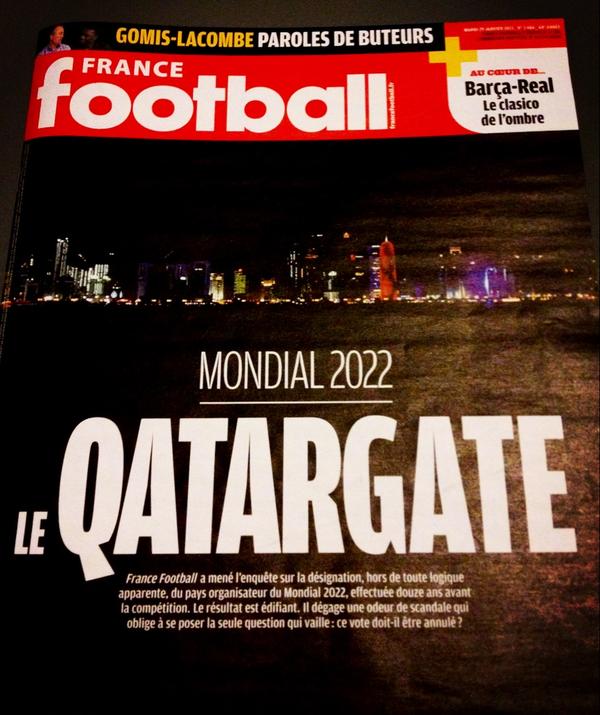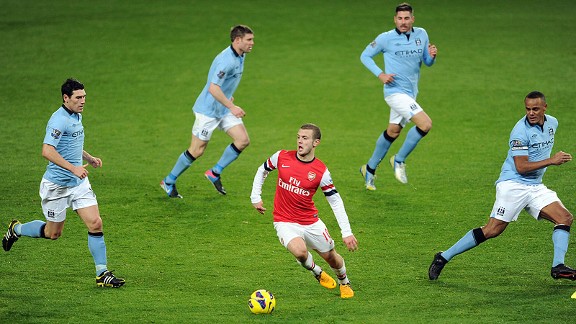Earlier this week at the Australian Open Victoria Azarenka caused a stir when, with her game falling apart as she tried to close out the match against Sloan Stephens, she took a 10 minute injury timeout to regain her composure, after which she won the match.
USA Today had these comments from David Nainkin, Stephens coach:
I thought it was very unfair — cheating within the rules. It
was unsportsmanlike. I don't think you should be able to leave the
court before the opponent serves for 10 minutes for whatever reason.
You'd better have something pretty good. I think there's a gray area in
the rule book that shouldn't be allowed. End of story.
In this post -- perhaps wonky and boring, you've been warned -- I try to tease apart the notion of "cheating within the rules" and apply some concepts from the academic policy literature to thinking about the governance of sport.
A first distinction to make, found in the policy sciences corpus, is that between constitutive and ordinary decisions.
Constitutive decisions refers to the process of establishing a decision process. The rules of tennis -- established by the International Tennis Federation and
codified in a 43 page document -- are an outcome of a constitutive decision process.
In principle, the rules that govern play within a sport are design to create a closed system, meaning that every possible contingency is expected to be covered by the rules of the game. In practice, this is not always the case as people are clever. Sometimes we find a "
rules hole" that needs fixing. The closed nature of sports systems is one key difference from decision making more generally.
 Ordinary decisions
Ordinary decisions are those that result from the application of the rules of the game. Calling a ball in or out, a player offsides, passing or running and so on are examples of such ordinary decisions. When the rules of the game are violated, then there typically is some sanction. If Azarenka hits the ball out, Stephens gets a point. Sanctions can also occur outside the context of the competition, such as fines for flopping in the NBA or vicious hits in the NFL.
Now back to Azarenka. According to the Australian Open tournament directory, "Everything was within the rules of the game." This brings us to another distinction -- between rules and norms. Rules are the formal guidelines for play.
Norms are expectations for what constitutes appropriate behavior in play.
When Stephens coach accused Azarenka of "cheating within the rules" he meant that while her behavior was not formally illegal, it violated the generally held expectations of the tennis community for what constituted appropriate behavior.
Here is some of the reaction found on Twitter,
courtesy Sports Illustrated:
I understand the reactions. However, care needs to be taken to recognize that norms go only so far in shaping behavior. If the offending behavior is deemed egregious enough, such as a violation of the spirit of the game, then the rules need to be changed.
Was Azarenka guilty of "cheating within the rules"? No. She was within the rules, and that is not cheating.
Was she guilty of poor sportsmanship? There is a strong consensus that the answer is yes.
So I come out a little bit less harsh on Azarenka and a bit more critical of the tennis community for playing under rules that allow (encourage?) behavior contrary to community norms.
If the tennis community feels strongly enough, then it can engage the constitutive decision process to change the rules to address violations of what are today held as norms. Alternatively, they can hope that social pressures associated with violating a community norm are sufficient to compel the desired behavior. Think about flopping in the NBA, where
social pressure was deemed insufficient and rules have been changed to try to reduce the incidence of simulation through post-game video review. In conrast, FIFA does not (yet) have such rules.
Of course, the relationship of rules and norms is highly contextual according to sport, and even then is quite complex. Consider
this recent controversy involving Luis Adriano of Shaktar Donesk:
In this instance, no formal rule was broken, but a strongly held norm was violated. Yet, UEFA still sanctioned Adriano, in effect turning the norm into a rule.
In contrast,
a similar instance occurred in 2010 during Liverpool-Sunderland, and in that case no rule or norm was deemed to have been broken. (A video of the incident
can be seen here, thanks @ismurray!) What is the proper behavior in such a context? Neither the rules nor norms provide a clear picture.
What is far more clear as cheating however are violations of the constitutive decisions of the game. This is the sort of cheating that Lance Armstrong engaged in. A full discussion of which will await a future post.























